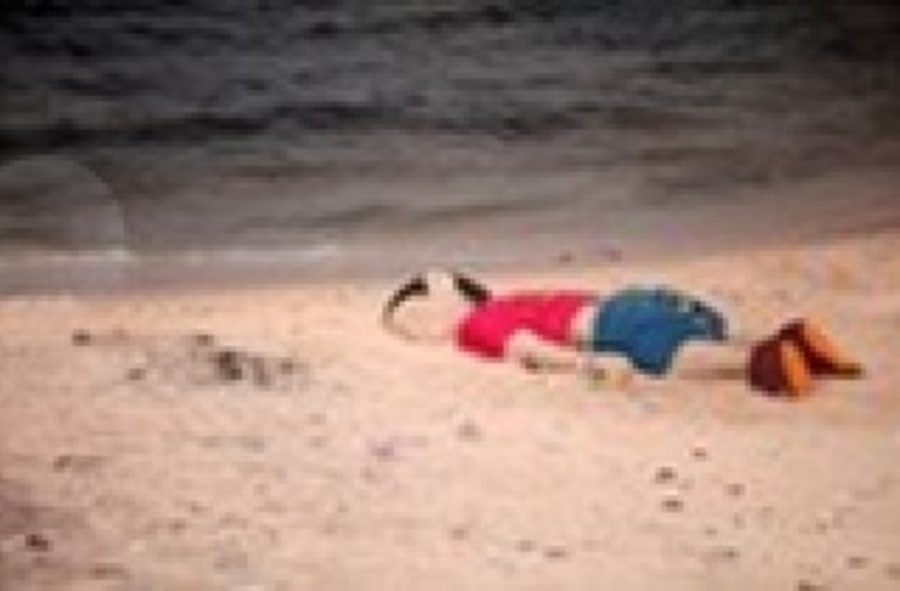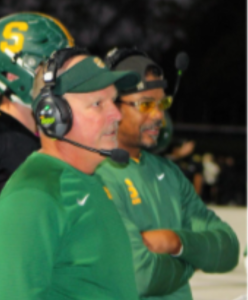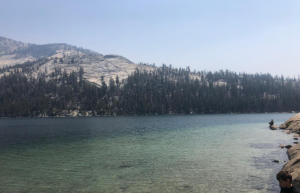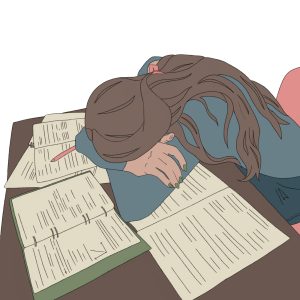Walking to freedom
The picture of the body of 3-year-old Aylan Kurdi face down in the surf is the symbol of the plight of Syrian refugees. Kurdi drowned along with his 5-year-old brother Ghalib and their mother Rehan when their raft foundered. More than 300,000 people have crossed into Europe by sea, with about 2,600 dying in the attempt.
September 16, 2015
Hundreds of migrants and refugees in Hungary began a desperate 300 mile walk towards Germany on Sept. 4 after giving up on their attempts to catch a train.
After authorities stopped all international departures in their attempt to stem the migration to Austria and Germany, thousands have camped at Budapest’s Keleti station.
Tired of waiting, some at the station said they would walk the 100 miles to Austria and then a further 200 miles to Germany. This walk began around 12:45 p.m. local time.
“The journey will be no problem for us because we will stop every two or three hours. We are used to this as we have already crossed six countries – so we can cross another one,” 20-year-old Syrian refugee Mousaf told NBC News.
Meanwhile, other refugees were crammed on one train and taken to a refugee camp on the outskirts of the city, Biscke, refused to disembark, spending the night on board.
According to CNN, “Chants of ‘Germany, Germany!’ and ‘No camp, no camp!’ were heard from the train. Some held up signs saying: ‘Please, we want to go to Germany.’”
After this chaos and civil disobedience, Hungary officials began allowing the people living in encampment outside the station to load onto more than 40 buses headed for the Hungary-Austria border.
The decision was made for humanitarian reasons as well as to ease the pressure on the Hungarian transit system.
“On the basis of the current situation of need, Austria and Germany agree to allow in this case the onward journey of these refugees into their countries,” Chancellor Werner Faymann of Austria wrote on his Facebook page.
Early Saturday, the first buses arrived at the border, where local volunteers were handing out water and bananas.
Austrian officials said that the migrants that had begun walking on Friday would also be picked up and drive to the border, as reported by CNN.
They have also said that those who wished to continue on to Germany would be taken to a train station while those who wanted to stay in Austria would be led to a collection center.
“I hope that the refugee crisis won’t snowball into an even bigger problem. The other European countries need to do something to help the refugees, even if they can’t open their borders,” sophomore Kara Maxfield said.







